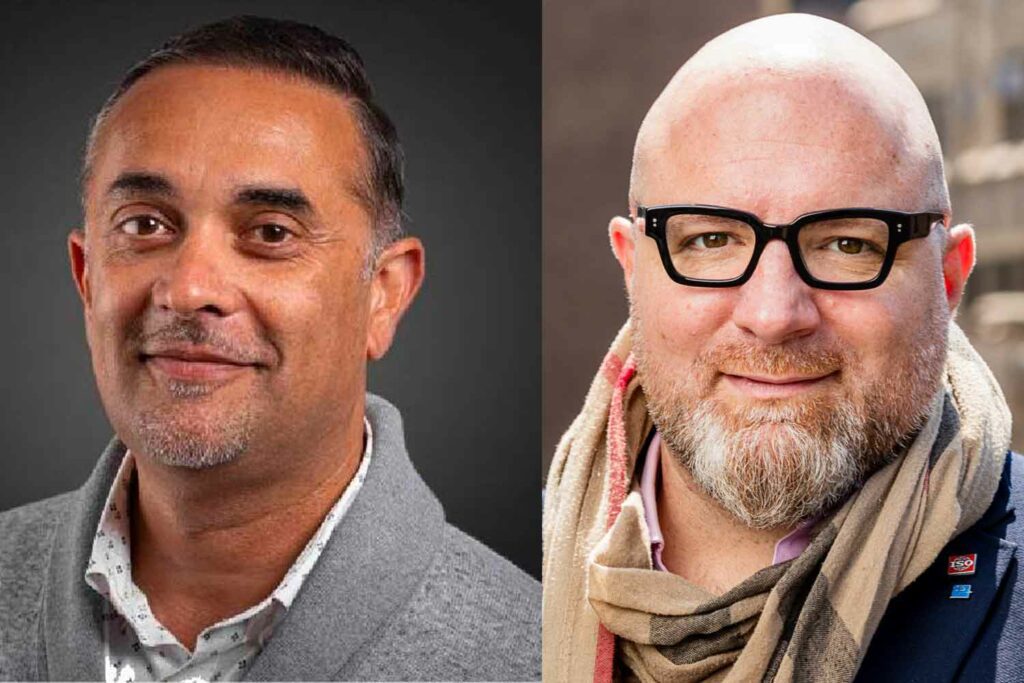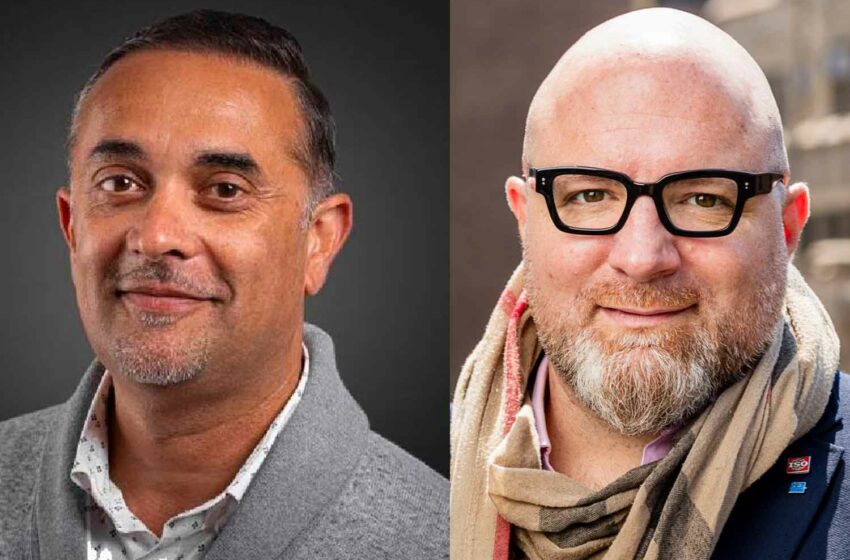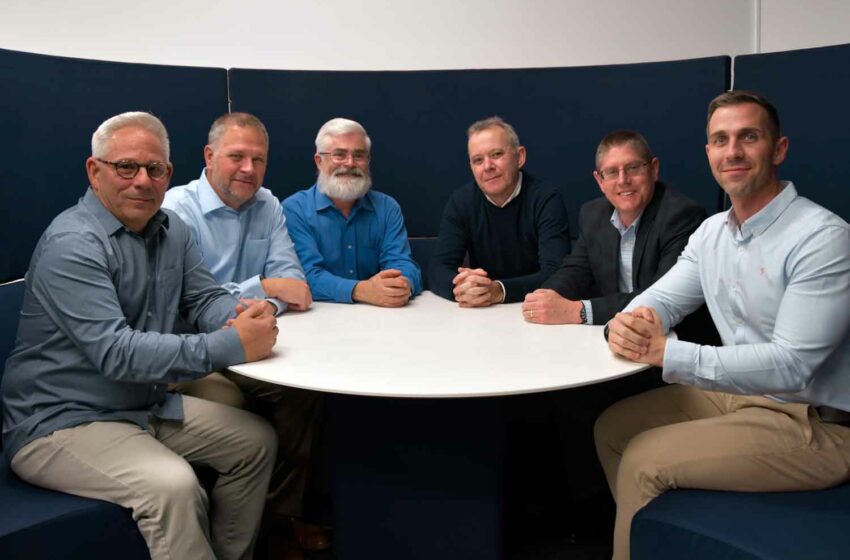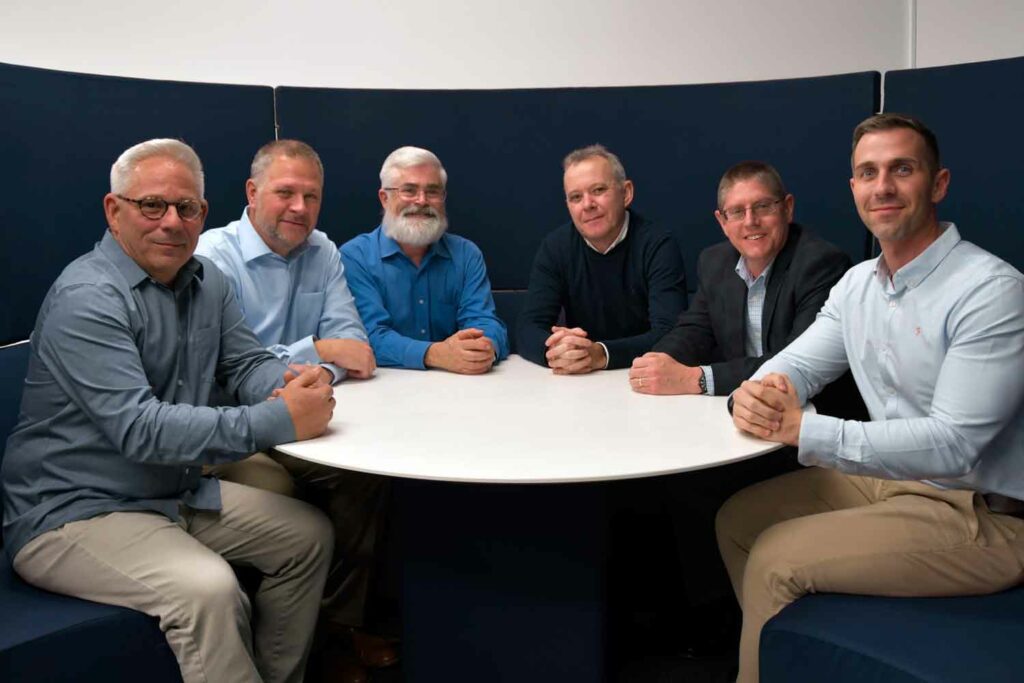
The Blinc Group has appointed Pete Sahani as its new CEO effective Dec. 1, replacing co-founder Arnaud Dumas de Rauly.
Sahani brings a wealth of experience to his new role, having been instrumental in a number of key initiatives since joining Blinc as chief operating officer in April 2022.
“Pete has been a pivotal figure in our leadership team, playing a significant role in not only steering us to positive EBITDA and net income but also in the introduction of innovative services like Scale Now Pay Later and Vendor Managed Inventory,” said Dumas de Rauly in a statement. “With his exceptional skill in operational management and strategic planning, I am confident that Pete is the ideal leader to propel Blinc into a future marked by sustained profitability and expanded service offerings.”
“It’s an honor to step into the CEO role at the Blinc Group,” said Sahani. “I am excited to build upon the strong foundation laid by Arnaud and our team by leading the company toward new heights of innovation and market leadership.”
Dumas de Rauly will transition to the position of chief experience and science officer and will retain his position on the Blinc Group board. In his new position, Dumas de Rauly will focus on integrating analytical science and consumer safety with superior customer experiences.
Dumas de Rauly has been at the helm of the Blinc Group since 2018, establishing the company as a key player in the cannabis vaping business.
“Arnaud has been a visionary leader under whose guidance Blinc has established itself as a major player in the cannabis vaping space and has always done so while keeping a strong focus on consumer safety,” said co-founder and Chief Innovations Officer Sasha Aksenov. “His strategic foresight has been invaluable, and we are certain that he will continue to play a pivotal role in Blinc’s future.”


















